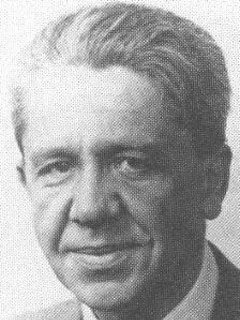
Publication details
Publisher: Springer
Place: Berlin
Year: 1995
Pages: 189-204
Series: Contributions to Phenomenology
ISBN (Hardback): 9789048145706
Full citation:
, "The spirit in flamenco and the body in motion", in: The prism of the self, Berlin, Springer, 1995


The spirit in flamenco and the body in motion
discovering gender difference in the dance
pp. 189-204
in: Steven Crowell (ed), The prism of the self, Berlin, Springer, 1995Abstract
There is a special difficulty for the phenomenologist concerned with clarifying "ordinary, mundane experience."1 This difficulty is grounded in a double significance of the familiarity that characterizes that experience. On the one hand, familiar phenomena are in fact readily accessible insofar as they are common-that is, immediately available as well as shared. To use Alfred Schutz's language, the familiar world is the world that is "taken for granted."2 It is the world that we accept at face value, as real, as, in a very real sense, unquestionable. On the other hand, the familiarity that characterizes the mundane world can mask precisely the phenomena that it characterizes. When a phenomenon becomes a familiar aspect of the day to day, it ceases to hold out its unique structure and significance. Instead, it recedes into the milieu of "typical" social experience. Yet just because these phenomena have come to be understood as "typical," we may be too hasty if we conclude that they have come to be understood in their deeper significance.
Cited authors
Publication details
Publisher: Springer
Place: Berlin
Year: 1995
Pages: 189-204
Series: Contributions to Phenomenology
ISBN (Hardback): 9789048145706
Full citation:
, "The spirit in flamenco and the body in motion", in: The prism of the self, Berlin, Springer, 1995

